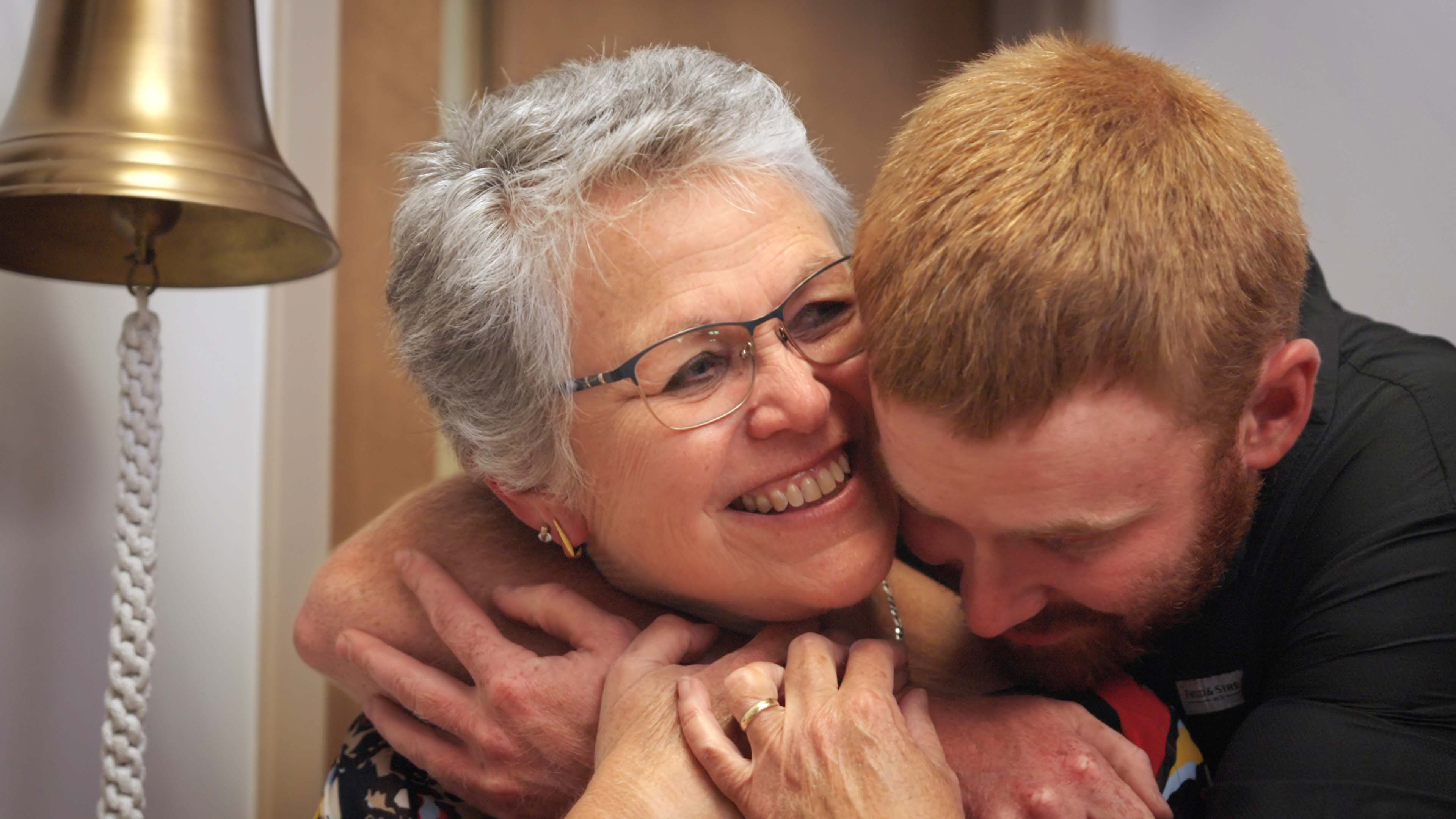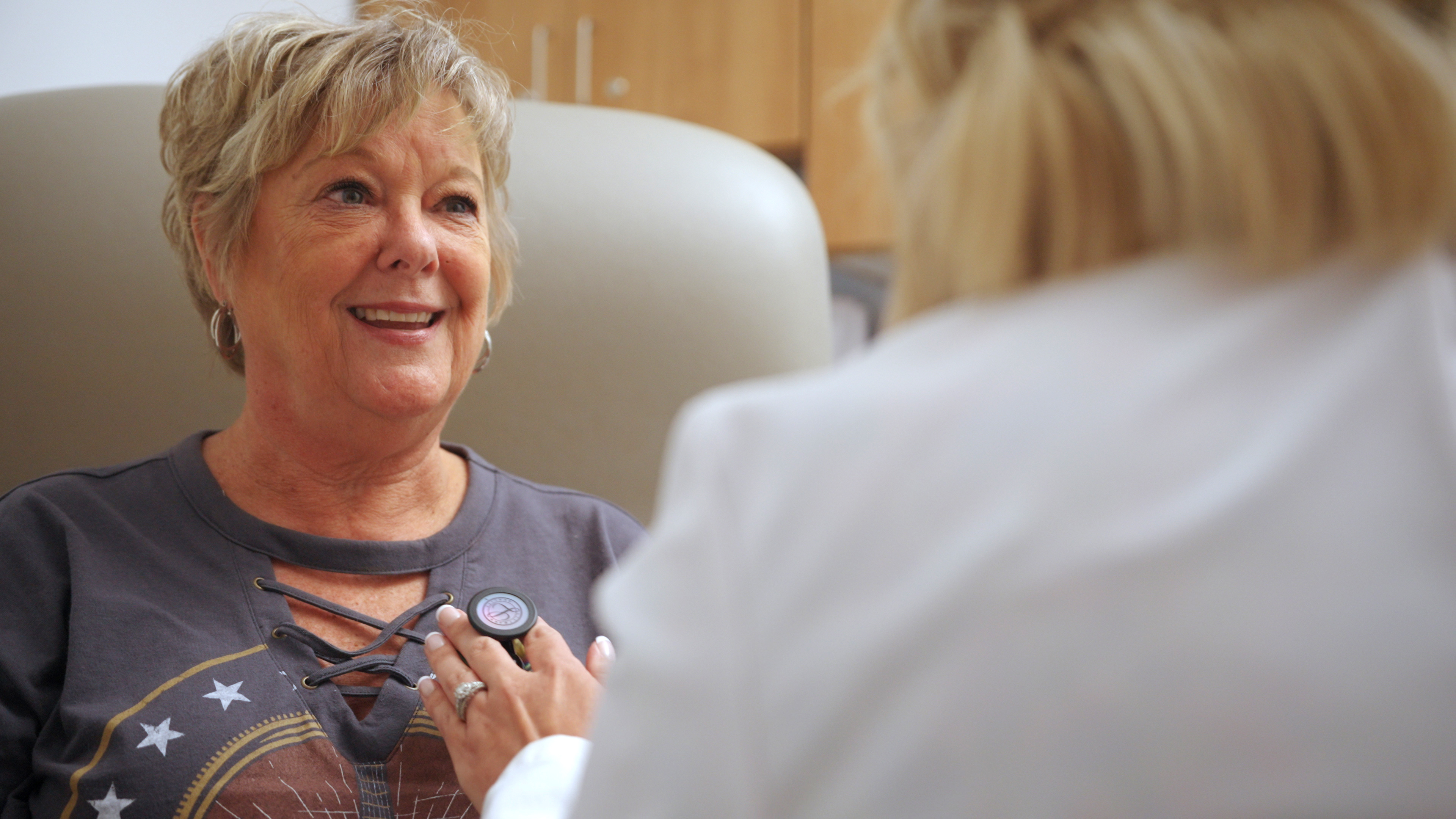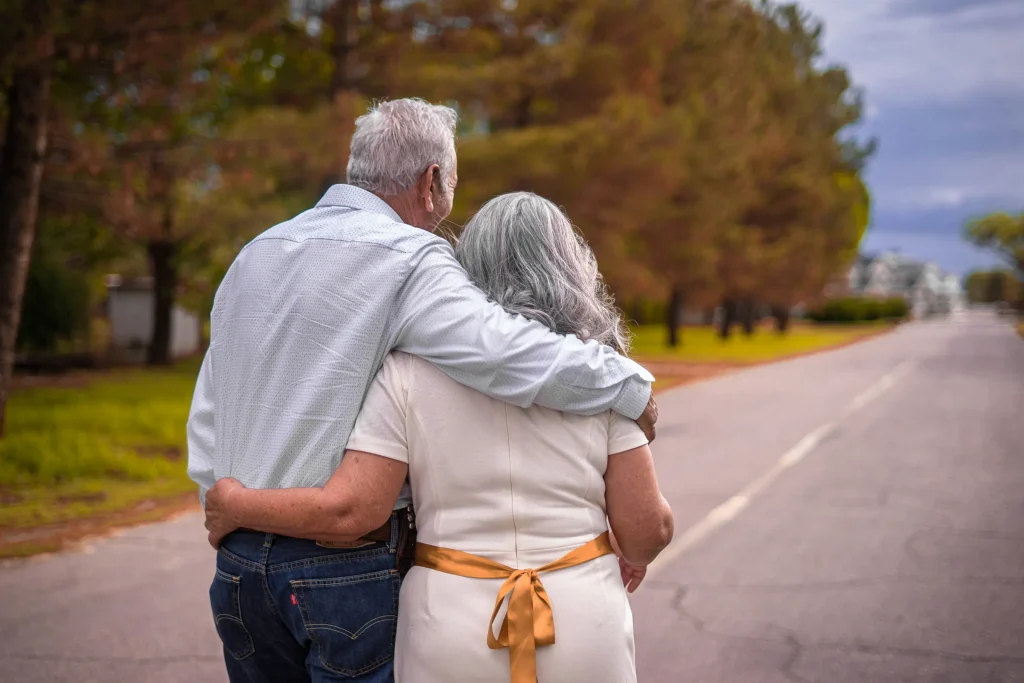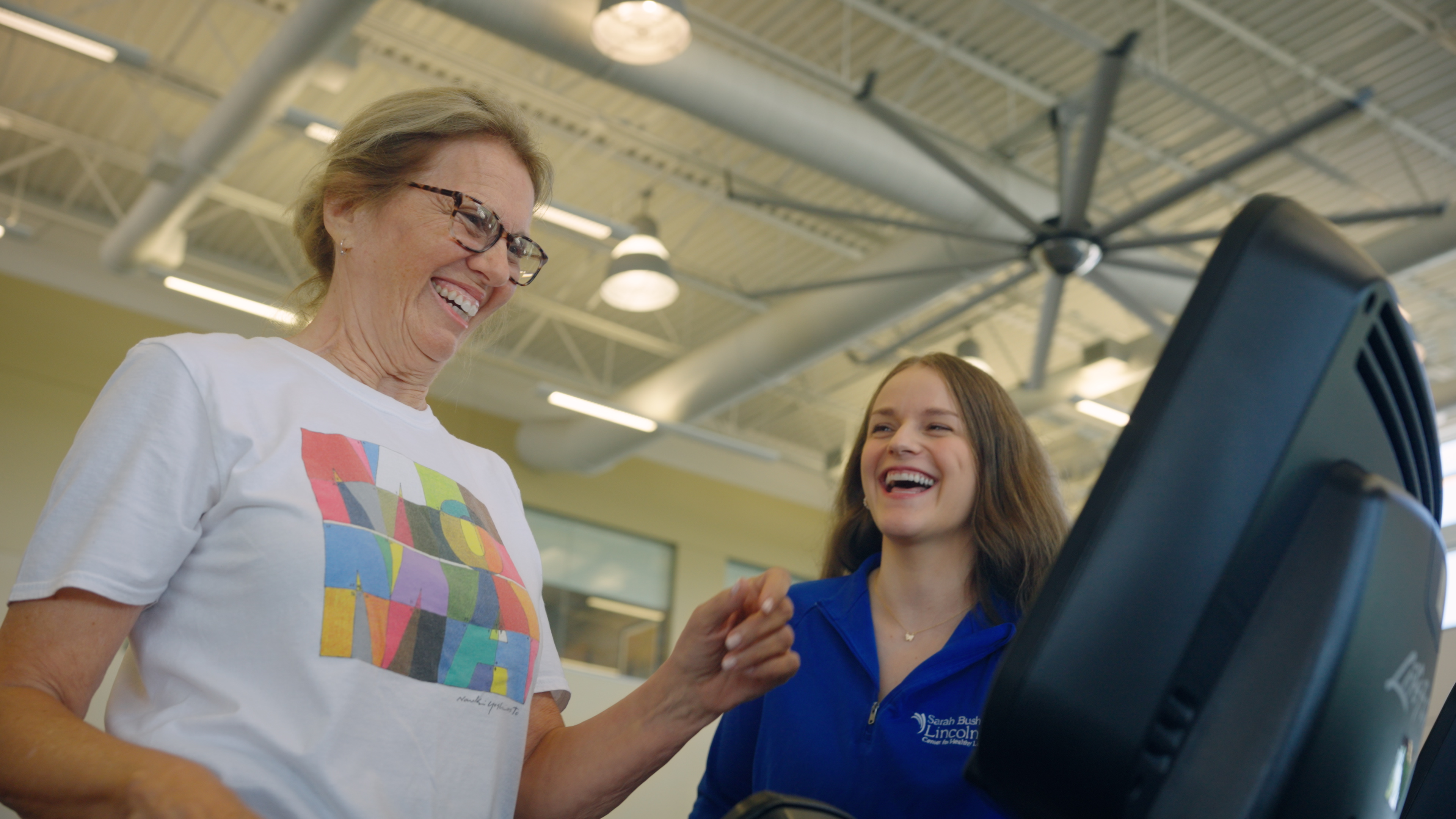Bicep Tenodesis
A biceps tenodesis is a type of surgery used to treat a tear in the tendon that connects your biceps muscle to your shoulder. The tenodesis may be performed alone or as part of a larger procedure on the shoulder.
A tendon attaches muscle to bone. Your biceps tendons attach the biceps muscle of your upper arm to the elbow on one end and to the shoulder on the other. On the shoulder end, the biceps tendon divides into two strands, known as the long head and the short head.
The most common type of biceps tendon injury is in the long head biceps tendon (sometimes abbreviated as LHB).
What are the symptoms?
Biceps tendon tears may happen quickly from a traumatic injury or develop over time from repetitive motions of the shoulder.
Symptoms include:
- A sudden, sharp pain in the upper arm, sometimes accompanied by a popping or snapping sound
- Cramping of the biceps during or after heavy use
- Pain or tenderness at the shoulder and elbow, or weakness in those areas
- Appearance of bruises from the middle of the bicep down toward the elbow
- Difficulty rotating the arm to a palm upward (or downward) position
- A bulge in the upper arm, known as a “Popeye muscle”
What are the risk factors?
Your risk factors for tearing a biceps include:
- Age: Simple wear and tear can increase the likelihood of a tear.
- Overuse of the shoulder: Sports requiring repeated overhead arm motion, such as swimming, tennis, and baseball, can worsen the wear on the biceps tendon. Some types of physical labor can do the same. Reduce your risk of injury by stretching the area regularly.
- Corticosteroids: These drugs, used for many medical conditions including joint aches, have been linked to the risk of a biceps tear.
- Smoking: Nicotine can reduce the proper supply of nutrients to the tendon and cause it to weaken.
For more information or to schedule an appointment, call:
- SBL Bonutti Clinic at 217 342-3400, or
- SBL Orthopedics & Sports Medicine at 217 238-3435








